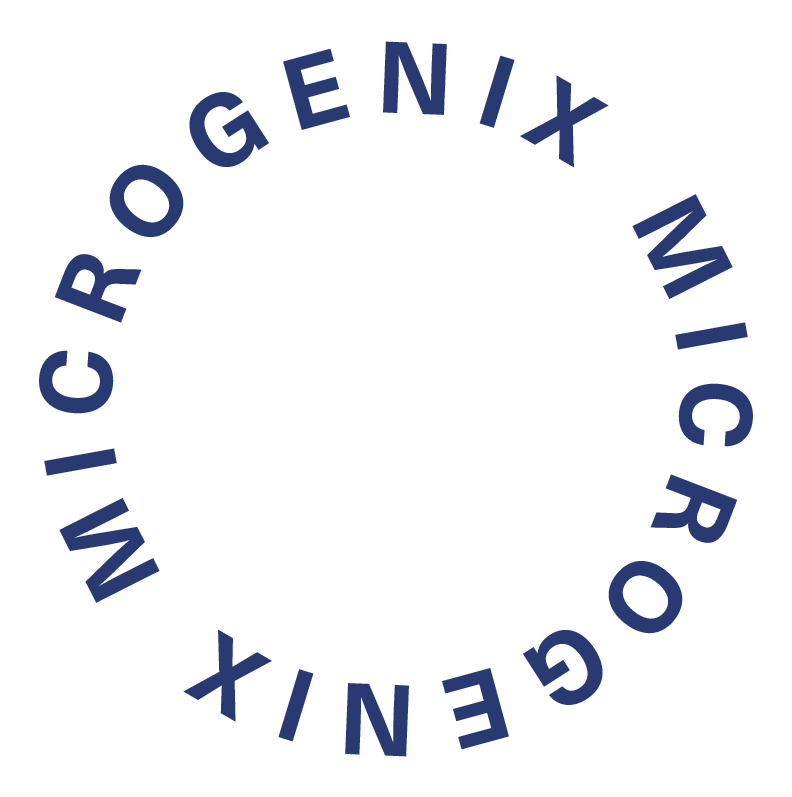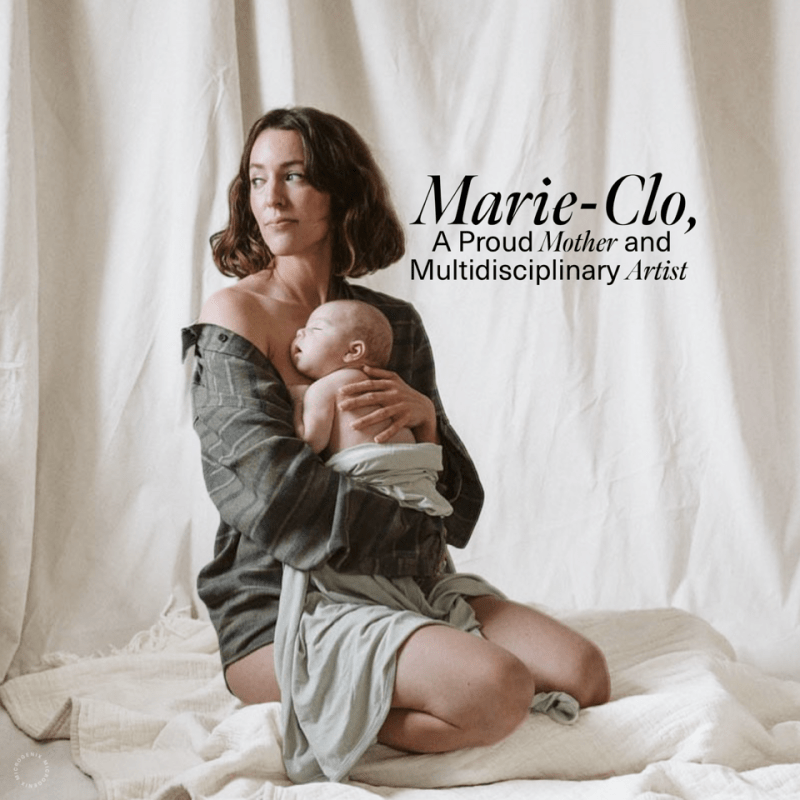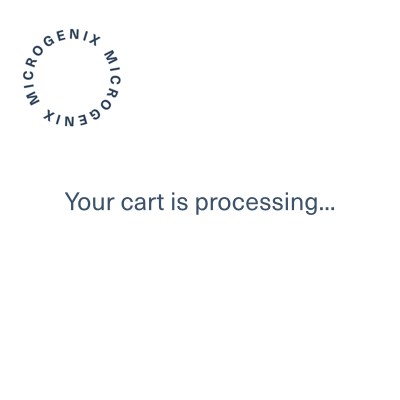Blog
Moms Do it Too: A Psilocybin Discussion with Marie-Clo
Psilocybin, the psychedelic compound found in magic mushrooms, is prompting a new era in modern medicine. More specifically, the act of consuming sub-perceptual amounts of the substance, better known as microdosing, has changed the face of psychedelics significantly.
Mothers stand at the forefront of this psychedelic phenomenon.
“Raising a child is brilliant, magical, empowering, extremely profound, AND it can at times assault all your senses. Microdosing can help bring on a sense of calm, presence and honestly a great sense of play to it all.” – Marie-Clo
We spoke with Marie-Clo, a proud mother and multidisciplinary artist of French-Algonquin heritage, whose first-hand experience with microdosing sheds light on the outcomes of integrating psilocybin into daily life, artistry, and parenthood.
“I think when one microdoses, they feel more like themselves, they remember themselves, and it’s a lasting feeling. This translates as a more playful parent, a more attentive parent and a child that feels more connected. It can look like confidence, trust, energy and radiance. The child feels it and it is just really beautiful to make mistakes together and weave them into laughter and learning.”
Marie-Clo is not alone in experiencing these benefits. The practice of microdosing among mothers has gained increasing attention, with platforms like “Moms on Mushrooms” catching the eye of major news outlets, including Fox News, CBS, Rolling Stone, among others.
The stigma surrounding psychedelic use however, remains prevalent. Despite growing research suggesting therapeutic benefits—such as reduced anxiety, depression, and PTSD treatment—the dialogue around microdosing, particularly in the context of motherhood, remains divided.
“To be clear, I believe in all types of medicine, but I do think we overly rely on a dishonest system as a society, and cannot fully consent to using pharmaceutical medication when herbal medicine can often do things in a far safer/less costly manner, but are often banned by the FDA for various reasons. I’ve been a victim of medical abuse long enough to know this.”
This stigma, alongside shaky laws and fear of judgment, creates a barrier to plant medicine use for parents—a barrier that a substance like alcohol rarely has to face.
“I think as a society our relationship to alcohol is disastrous, and we seem to really mitigate its negative effects on our bodies and minds. I think psilocybin is a net positive in aiding that transition to drinking less or at least drinking more mindfully.”
With the annual Global Drug Survey ranking psilocybin as the safest substance above all others, including alcohol and even marijuana, it begs the question: what maintains the gap between microdosing and public acceptance, if not fear from governing bodies and the pharmaceutical industry?
“Let’s face it; how much more research would be out there had we allowed it and not silenced Indigenous voices and research for the greater good?”
The way we perceive different substances—embracing some while villainizing others—prompts a broader conversation about cultural biases, scientific exploration, and the recognition of traditional knowledge. As we navigate these elements, we should question why natural remedies continue to face harsher scrutiny and stigma compared to widely accepted substances, creating a safer space for parents to participate in a safe medicinal practice. One that may very well be life-changing.
“Psilocybin is a mushroom, from nature. Why do we not feel shame drinking coffee (a plant) or alcohol (also a plant), but there is this big taboo in taking a small dose here and there? It’s also non addictive. It really baffles me how much bias there is towards healing plants, when in reality, botany is behind so many of our normalized vices. Why not pick the one that makes you feel amazing?”
Alcohol consumption statistics suggest no slowdown in sight, and new parents (seasoned ones included) might turn to this vice for relief, and understandably so. Parenthood is challenging, and things like stress, fear, agitation, and depression, are no rarity within it. This is where microdosing psilocybin presents an exciting alternative for parents, and everyone else too.
Remember, microdosing involves taking a sub-perceptual dose of a psychedelic, such as psilocybin mushrooms, to reap the therapeutic benefits of the substance, including improved focus, better mood, and mental health support. The term ‘sub-perceptual’ means that no effects are felt at the onset. Many report feeling, quite literally, the exact same after a microdose, only more present, more aware, and even more patient.
The doses are too small to produce noticeable alterations in perception, mood, or consciousness, allowing individuals to drive a car, go to work, and attend their child’s dance recital without interruption. Despite the absence of psychoactive effects, even minuscule amounts of psychedelics are believed to promote neuroplasticity, the brain’s ability to form new neural connections. This may enhance our ability to learn, create, and adapt.
“What’s really special is the micro dose will do what it needs to do for you, so for example, it hasn’t made me more creative, creativity is my love language. It has, however, made me more patient, calmed the ruminating thoughts, helped me see a more positive outcome and be able to connect to others in a more vulnerable way. The feeling lasts a long time, it almost serves in reminding you who you really are and is a very embodied experience where you can catch a poor reaction in live time, and edit it right away. Because time feels more present, you can correct a poor reaction in yourself right away, and forgive it quickly too.”
The potential for widespread acceptance of psilocybin and microdosing as means for mental health and parenthood support signals a bright and progressive future. This movement owes much to women like Marie-Clo and other courageous mothers sharing their stories.




